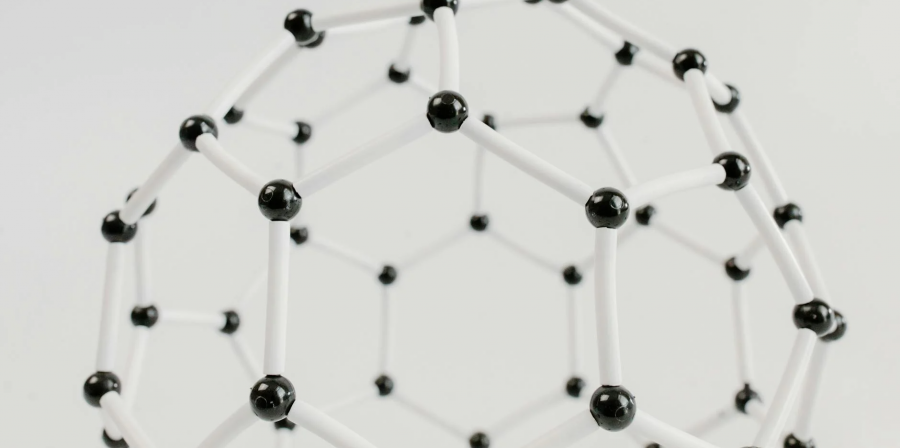

The nervous system, a complex network of nerve cells, fibers, and ganglia, governs the human body's functions, enabling communication, movement, and sensation. Comprising the central nervous system (CNS) and peripheral nervous system (PNS), it processes information, integrates sensory data, and facilitates thought and action.
The CNS, consisting of the brain and spinal cord, serves as the body's control center. The brain, weighing 1.4 kilograms, contains 100 billion neurons and 100 trillion synapses. These neural connections enable learning, memory, and cognitive processes. The spinal cord, extending from the brain stem to the lower back, regulates reflexes and coordinates voluntary movements.
The PNS, comprising nerves and ganglia, connects the CNS to the body's extremities. Divided into the somatic and autonomic nervous systems, it controls voluntary actions (somatic) and involuntary functions (autonomic), such as heart rate and digestion.
Neurons, the building blocks of the nervous system, transmit signals through electrical impulses. These impulses travel at speeds of up to 120 meters per second, facilitating rapid communication. Synapses, small gaps between neurons, enable chemical signaling through neurotransmitters.
Fascinating facts about the nervous system include:
- The nervous system contains over 45 miles of nerves.
- Neurons can live up to 100 years.
- The brain generates 10-23 watts of electrical power.
- Nerve impulses are faster than a speeding bullet.
- The spinal cord processes reflexes without brain input.
Neurotransmitters play a crucial role in nervous system function:
- Dopamine regulates pleasure, reward, and motivation.
- Serotonin influences mood, appetite, and sleep.
- Acetylcholine facilitates muscle contraction and memory.
- Endorphins provide natural pain relief.
Disorders affecting the nervous system include:
- Alzheimer's disease, impacting memory and cognition.
- Parkinson's disease, affecting motor control.
- Multiple sclerosis, damaging nerve fibers.
- Stroke, disrupting blood flow to the brain.
Advances in neuroscience continue to unlock the secrets of the nervous system:
- Brain-computer interfaces enable neural control of prosthetics.
- Neuroplasticity facilitates reorganization and adaptation.
- Gene therapy holds promise for treating neurological disorders.
Understanding the nervous system's intricacies has significant implications:
- Developing treatments for neurological disorders.
- Enhancing cognitive function through training.
- Informing artificial intelligence and robotics.
- Exploring consciousness and the nature of self.
The nervous system's complex functions and adaptability continue to captivate scientists and inspire new discoveries.
*Additional Facts:*
1. The nervous system processes 70,000 thoughts daily.
2. The brain uses 20% of the body's energy expenditure.
3. There are over 100 billion synapses in the cerebral cortex.
4. Neurons can fire signals up to 50 times per second.
5. The spinal cord has 31 pairs of nerves.
*Neurotransmitters:*
1. Glutamate: primary excitatory neurotransmitter.
2. GABA: primary inhibitory neurotransmitter.
3. Norepinephrine: regulates attention and arousal.
4. Vasopressin: influences social behavior and memory.
*Neurological Conditions:*
1. Epilepsy: characterized by seizures.
2. Huntington's disease: affects motor control and cognition.
3. Amyotrophic lateral sclerosis (ALS): impacts motor neurons.
4. Chronic pain: complex condition involving multiple factors.
*Advances in Neuroscience:*
1. Optogenetics: uses light to control neural activity.
2. Brain-machine interfaces (BMIs): enable neural control of devices.
3. Neurostimulation: techniques like TMS and tDCS.
4. Stem cell therapy: potential for repairing damaged tissue.
*Neuroplasticity and Brain Development:*
1. Synaptic pruning: eliminates unnecessary connections.
2. Neurogenesis: birth of new neurons.
3. Myelination: improves neural transmission speed.
4. Critical periods: sensitive periods for brain development.
